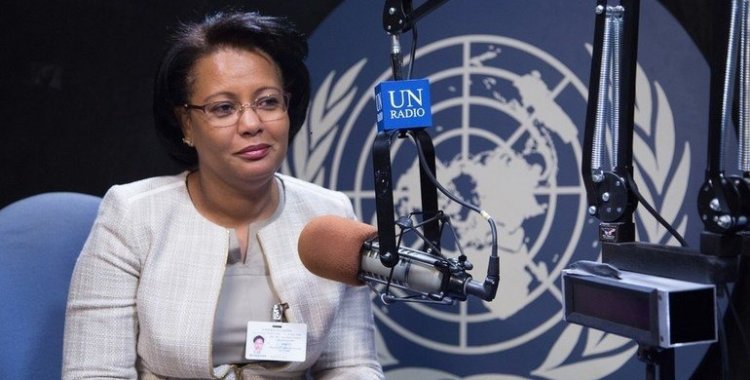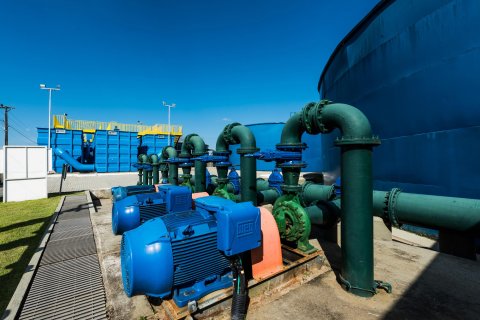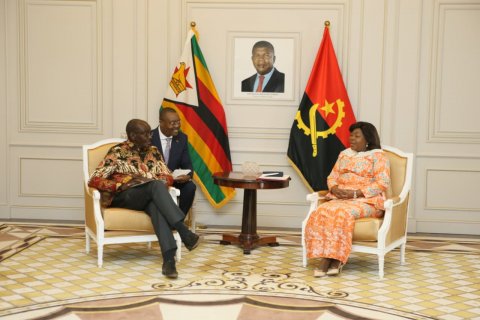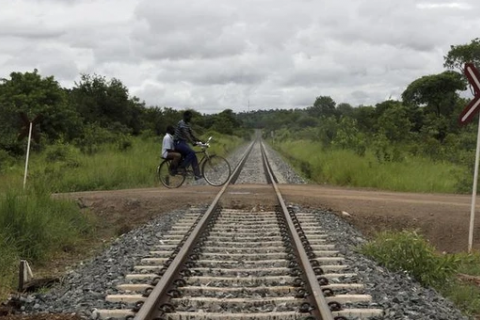According to a statement from the Ministry of the Environment, to which VerAngola had access, the information was given "during an interview during the week of the Future Summit and the 79th Session of the UN General Assembly", held between 24 and 30 September, under the theme 'Let us work inclusively to promote peace, sustainable development and human dignity for present and future generations'.
On that occasion, the minister defended "the valorization of science in the effective implementation of adaptation and the achievement of global climate resilience, in line with the Global Adaptation Goal".
Ana Paula de Carvalho also suggested that the United Arab Emirates-Belém work programme "should create a robust set of indicators to monitor progress towards this objective", highlighting the need for these indicators to be able to identify "gaps and areas that require urgent support, and also highlighting that the indicators must be sensitive to the context of the most vulnerable countries, thus avoiding delays in assistance while they are being developed".
The Environment Minister continued that "equitable access to financial resources is important" in this process so that adaptation and resilience can be achieved, "with emphasis on support for the preparation and implementation of National Adaptation Plans, especially in the Least Developed Countries, which face major challenges due to climate change".
Finally, the minister also stressed that the Least Developed Countries must have their plans drawn up by 2025, as well as "progress in the implementation by 2030, as it is urgent and necessary to support countries that have not yet formulated or implemented them", the statement states.







